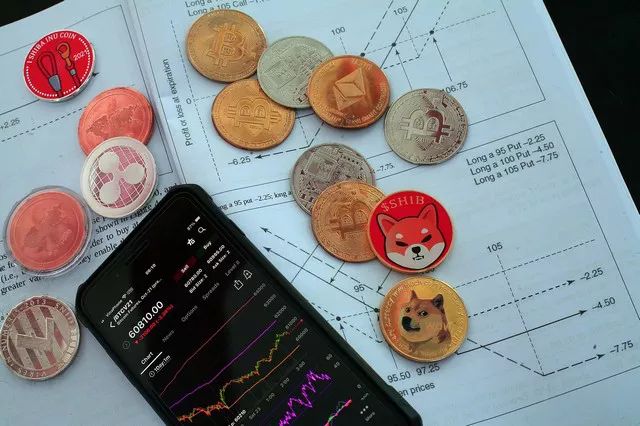Trading grain commodities offers a captivating venture for investors to engage in the dynamic world of agricultural markets, specifically focusing on the price movements of essential grains.
1. Understanding Grain Commodities
Before delving into the mechanics of trading grain commodities, it’s crucial to establish a strong foundation by understanding the nature of these vital agricultural products.
1.1 Grain Commodities Defined
Grain commodities encompass a variety of crops such as wheat, corn, soybeans, and rice. These crops are traded on commodities exchanges, and their prices are influenced by factors such as supply and demand, weather conditions, and geopolitical events.
1.2 Role of Grain Commodities
Grain commodities play a significant role in global food supply chains, animal feed production, and biofuel industries. Trading these commodities enables investors to speculate on price movements and manage exposure to agricultural markets.
2. Choosing a Trading Platform
Selecting a reputable trading platform is essential for a successful grain commodities trading experience.
2.1 Platform Research
Research and compare different trading platforms based on factors such as fees, available markets, trading tools, and customer support.
2.2 Account Setup
Open a trading account with the chosen platform and ensure you have the necessary permissions to trade commodities.
3. Fundamentals of Grain Commodities Trading
To navigate grain commodities trading effectively, it’s important to grasp the fundamental principles of how these markets operate.
3.1 Contract Specifications
Familiarize yourself with key contract details, including contract size, tick size (minimum price movement), contract months, and the underlying crop being traded.
3.2 Market Analysis
Utilize both fundamental and technical analysis to inform your trading decisions. Consider factors such as planting and harvesting seasons, crop yields, weather forecasts, and global demand.
4. Placing Grain Commodities Trades
With a solid understanding of the basics, you’re ready to initiate grain commodities trades.
4.1 Selecting a Grain Commodity
Choose the specific grain commodity you wish to trade, based on your analysis and trading strategy.
4.2 Trade Execution
Specify the quantity you want to trade and select the order type (market order or limit order) to execute your trade.
5. Risk Management and Trade Exit
Effectively managing risk and knowing when to exit a trade are crucial components of successful grain commodities trading.
5.1 Risk Management Strategies
Implement risk management techniques such as setting stop-loss and take-profit levels to protect your capital and potential gains.
5.2 Trade Monitoring
Closely monitor your trades and stay informed about factors that can impact grain prices, such as supply reports and global economic trends.
5.3 Trade Exit
When you achieve your desired profit or the market conditions change, execute the trade exit based on your trading plan.
6. Real-World Considerations
Trading grain commodities involves practical considerations that traders should keep in mind.
6.1 Market News
Stay updated on news related to crop yields, weather patterns, trade agreements, and geopolitical events that can influence grain prices.
6.2 Risk Disclosure
Understand the risks associated with trading commodities, including price volatility, margin requirements, and the potential for substantial losses.
Conclusion
Trading grain commodities presents an opportunity to engage with the fundamental forces that drive global agricultural markets. By understanding the mechanics of grain commodities, selecting a reputable trading platform, and implementing effective risk management strategies, you can confidently navigate the world of grain commodities trading. Whether you’re a seasoned trader or new to commodities, engaging in grain commodities trading empowers you to leverage market opportunities and potentially achieve your financial objectives.


